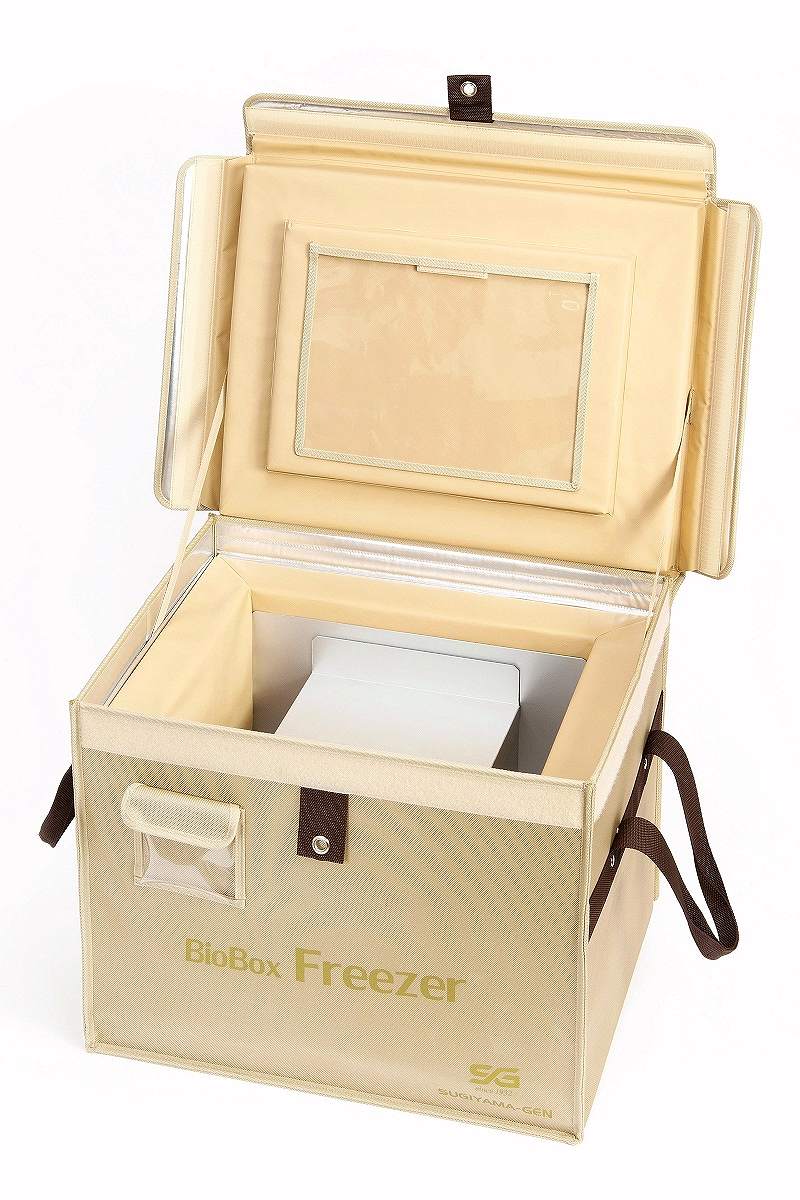
This undated photo shows a production line of ultracold freezers at the PHC’s factory in Oizumi, Gunma Prefecture.
11:58 JST, January 24, 2021
Fast production of freezers and refrigerators for transporting and storing COVID-19 vaccines is urgently needed in preparation for vaccinations starting late February. Given that the Pfizer-BioNTec vaccine in particular needs to be stored at an ultralow temperature, the government plans to procure 20,000 freezers from four domestic companies. Demand for cryogenic boxes is also soaring, prompting the development of new products.
■ Storing at minus 75 C
The government has signed vaccine supply contracts with three companies, and plans to secure enough for 157 million people in total. Inoculations are expected to start in late February for medical workers.
The vaccines are being produced domestically and internationally and must be distributed nationwide.
According to the Health, Labor and Welfare Ministry, about 10,000 locations across the country including medical institutions will be designated as vaccination bases, and a total of 10,000 ultracold freezers will be installed by the end of June for the Pfizer-BioNTec vaccine, which will likely be approved first.
The Pfizer-BioNTec vaccine, which must be stored at minus 75 C, will be shipped to these bases in cryogenic boxes containing dry ice. The bases will be the starting point for transportation to vaccination clinics.
U.S. biotechnology firm Moderna Inc.’s vaccine must be stored at minus 20 C, requiring 10,000 more freezers. British pharmaceutical company AstraZeneca PLC’s vaccine can be refrigerated just like seasonal flu vaccines.
■ 4,000 units per month
In response to the vaccination plan, Tokyo-based medical equipment maker PHC Holdings Corp., which has the world’s second-largest market share of cryogenic freezers, has doubled production at its plant in Gunma Prefecture and is operating around the clock. The small version, which can hold vaccines for about 8,500 people, will be sold at a suggested retail price of ¥590,000.
Home appliance manufacturer Twinbird Corp. in Niigata Prefecture, meanwhile, has added freezer production lines. This allows production to be increased in a short time rather than building a new factory. The company increased its production capacity from 4,000 units per year to 4,000 units per month for domestic and overseas markets, and revised its earnings forecast upward for its fiscal year ending February 2021.
■ New product development

A cool box with dry ice
Demand for cryogenic boxes is also expected to grow.
In February, Sugiyama-Gen Co., a Tokyo-based medical equipment maker, will release a box made with high-performance insulation for ¥130,000. This box can maintain minus 70 C for 12 days with just a block of dry ice, which is readily available.
Panasonic Corp. has developed a box that adopts technology used in refrigerators. Dry ice can keep the temperature below minus 70 C for up to 18 days. It aims to launch the product this spring.
Top Articles in Business
-

Prudential Life Insurance Plans to Fully Compensate for Damages Caused by Fraudulent Actions Without Waiting for Third-Party Committee Review
-

Narita Airport, Startup in Japan Demonstrate Machine to Compress Clothes for Tourists to Prevent People from Abandoning Suitcases
-

Japan, U.S. Name 3 Inaugural Investment Projects; Reached Agreement After Considerable Difficulty
-

Toyota Motor Group Firm to Sell Clean Energy Greenhouses for Strawberries
-

SoftBank Launches AI Service for Call Centers That Converts Harsh Customer Voices into Softer Voices
JN ACCESS RANKING
-

Japan PM Takaichi’s Cabinet Resigns en Masse
-

Japan Institute to Use Domestic Commercial Optical Lattice Clock to Set Japan Standard Time
-

Israeli Ambassador to Japan Speaks about Japan’s Role in the Reconstruction of Gaza
-

Man Infected with Measles Reportedly Dined at Restaurant in Tokyo Station
-

Videos Plagiarized, Reposted with False Subtitles Claiming ‘Ryukyu Belongs to China’; Anti-China False Information Also Posted in Japan























